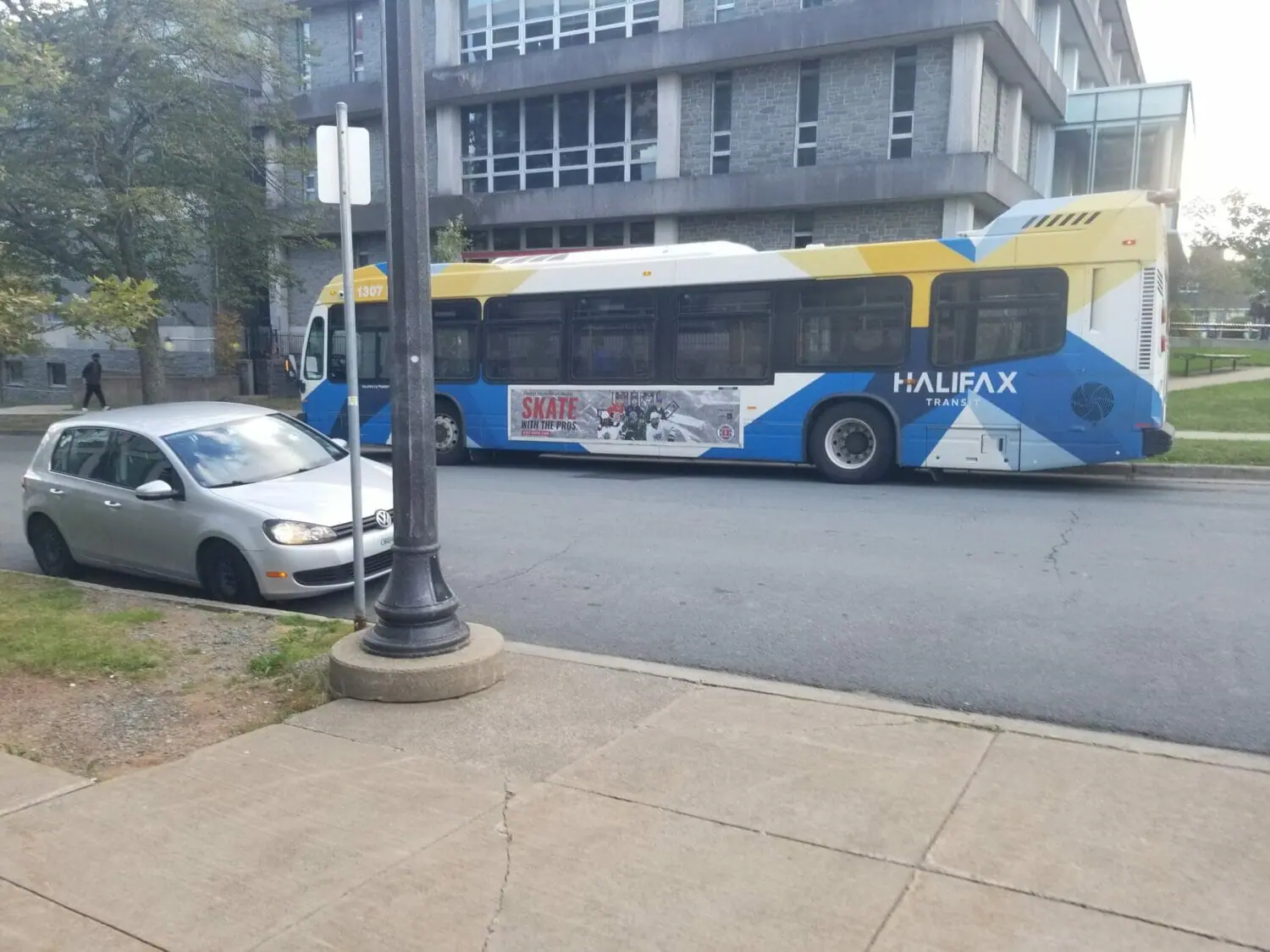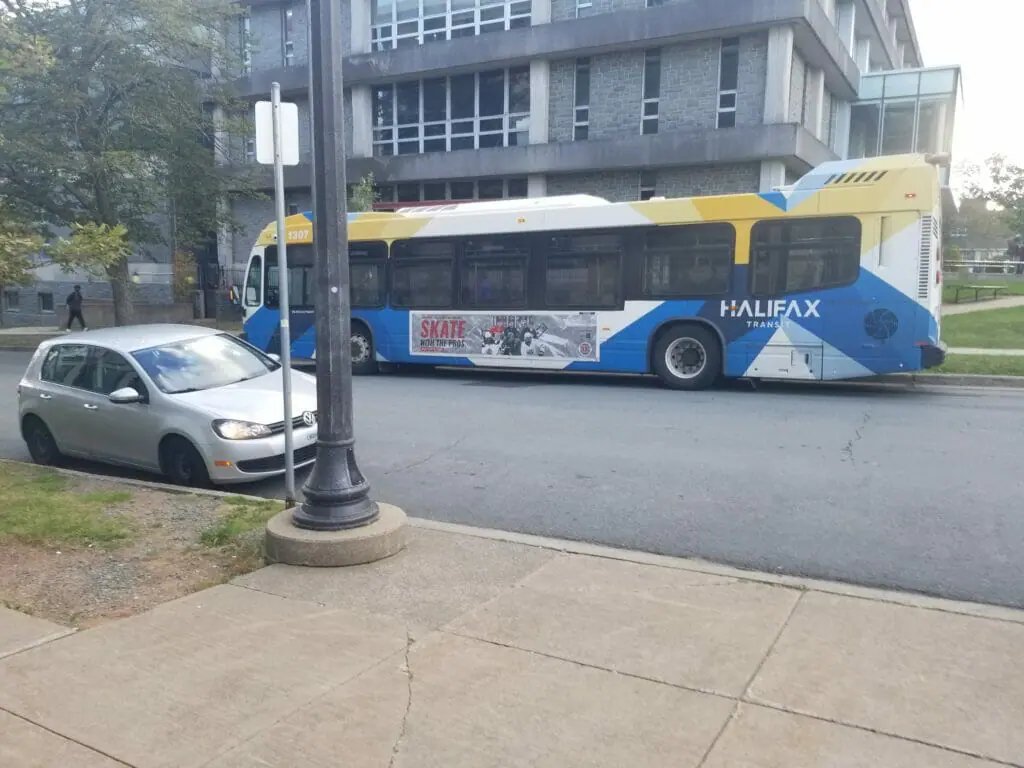Halifax Transit is bleeding workers and students at Dalhousie University are taking much of the brunt.
The city’s public transportation department has been cancelling trips with little warning, increasing the difficulty of commuting for a student body already forced to live further from campus because of the housing shortage and rising rent costs. Students and other commuters have also experienced frustration from the frequency of late busses.
“Transport service disruptions or cancellations have made me late to places I needed to get to,” said Emily Norton, a first-year biochemistry student. “[They] have caused me to have to navigate the app to find an alternative bus route which can be quite difficult sometimes.”
Stagnating wages and long hours causing bus drivers to quit
According to a CTV News article on Aug. 8, Halifax Transit cancelled 75 weekday bus trips in 2022 due to the staffing shortage.
In the article, Shane O’Leary, the president of Amalgamated Transit Union Local 508 which represents transit employees, suggests that low staff retention is a result of long hours and low wages. Wages are capped at $28.61 after four years and operators can find themselves working 60 to 70 hours a week.
40 transit workers have already resigned this year. O’Leary said that a 10 per cent wage increase would alleviate the current situation.
In response to the staffing shortage, Halifax Transit is attempting to recruit new workers through marketing campaigns but is unwilling to raise wages until a new agreement can be worked out.
Halifax Transit hasn’t responded to a request for comment by print time.
How is this impacting students?
According to data collected by the DalTRAC Dalhousie Transportation Collaboratory, public transit was the preferred way to commute by as many as 24.3 per cent of Dal students, coming second to walking at 39.6 per cent. 39.9 per cent of students have no access to a car, while 53.5 per cent cannot access a bicycle.
This data, released in 2019, predates the current housing crisis.
Autumn Baxter, a first-year chemistry student, is someone in this situation. She said that transit service disruptions and cancellations have been making day-to-day life confusing.
“On multiple occasions, I have been led on vastly different routes unaware of the detouring paths,” Baxter said. “These disruptions have caused 10-minute commutes to turn much longer, which is difficult as someone learning their way through the city.”



Recent Comments